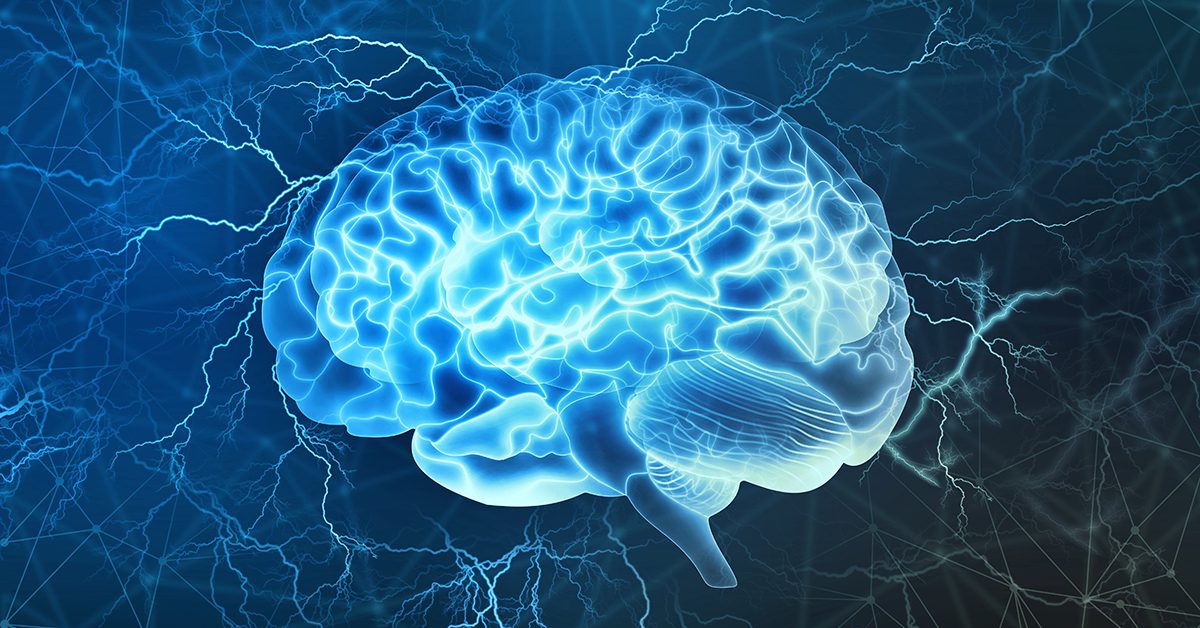Introduction:
Neurological disorders encompass a wide range of conditions that affect the brain, spinal cord, and peripheral nerves. These disorders can have a significant impact on an individual’s daily life, ranging from mild cognitive impairments to severe physical disabilities. In this article, we will explore some of the most common neurological disorders, their symptoms, causes, and current treatment options.
Are Stars also having any neurological disorders?
Neurological disorders affect millions of people worldwide, causing various challenges and impacting people’s daily lives. If we talked about neurological disorders. Many people have this type of disorder. Some of them are alsolegendary stars like Mark McEwen, Bruce Willis, and Emilia Clarke have been open about their struggles with neurological disorders. Alan Jackson is also one of those who is struggling with this disease. The news about alan jackson hospitalized was initially reported by TMZ, which stated that the singer was rushed to a hospital in Georgia. However, the representative did not reveal any details about the reason for his hospitalization or how long he was expected to remain hospitalized.
I. Alzheimer’s Disease: Unraveling the Mystery of Memory Loss
- Overview of Alzheimer’s disease
- Progression of symptoms and stages
- Causes and risk factors
- Current treatment strategies and ongoing research
II. Parkinson’s Disease: Unveiling the Tremors and Movement Difficulties
- Understanding Parkinson’s disease
- Motor and non-motor symptoms
- Factors contributing to the development of Parkinson’s
- Medications, surgical interventions, and other management approaches
III. Multiple Sclerosis: Unpredictable Challenges to the Nervous System
- An introduction to multiple sclerosis (MS)
- Variations in symptoms and relapses
- Genetic and environmental factors
- Disease-modifying therapies and symptomatic treatments
IV. Epilepsy: Seizing Control of Abnormal Brain Activity
- Epilepsy: causes and types
- Different types of seizures
- Triggers and risk factors
- Anti-seizure medications, surgical options, and lifestyle modifications
V. Stroke: Battling the Aftermath of Brain Damage
- Exploring strokes and their types
- Ischemic and hemorrhagic strokes
- Risk factors and preventive measures
- Emergency treatment and post-stroke rehabilitation
VI. Migraine: Debilitating Headaches That Demand Attention
- Understanding migraines
- Common symptoms and triggers
- Genetic and environmental factors
- Acute and preventive treatments, lifestyle modifications
VII. Amyotrophic Lateral Sclerosis (ALS): A Devastating Motor Neuron Disease
- Overview of ALS
- Motor neuron degeneration and symptoms
- Genetic and environmental factors
- Supportive care, assistive devices, and ongoing research
VIII. Huntington’s Disease: The Unfolding Tragedy of Motor and Cognitive Decline
- Huntington’s disease: an introduction
- Genetic mutation and its impact
- Movement and cognitive symptoms
- Palliative care and experimental treatments
There are tons of websites that will express their opinions and also share their experience. However, as with any blog website, it is always desirable to critically evaluate the information presented and consider multiple sources before forming conclusions or making decisions. But if you are looking for an authentic and well-established platform. You must visit techkbusiness.com. This website will provide you with authentic information about what you want to know. It covers various topics including health, entertainment, lifestyle, and more.
IX. Traumatic Brain Injury (TBI): Coping with Life-Altering Concussions
- Understanding traumatic brain injury
- Common causes and types of TBI
- Physical, cognitive, and emotional symptoms
- Rehabilitation approaches and ongoing research
X. Tourette Syndrome: Navigating the Challenges of Motor and Vocal Tics
- Introduction to Tourette syndrome
- Motor and vocal tics and their impact
- Genetic and environmental factors
- Medications, behavioral therapies, and support groups
Conclusion:
Neurological disorders pose significant challenges to individuals and society as a whole. Understanding the symptoms, causes, and available treatment options is crucial for improving the lives of those affected. Ongoing research and advancements in medical science provide hope for the development of more effective therapies and potential cures in the future. By raising awareness, supporting research efforts, and promoting inclusivity, we can contribute to a better future for individuals living with neurological disorders.



































